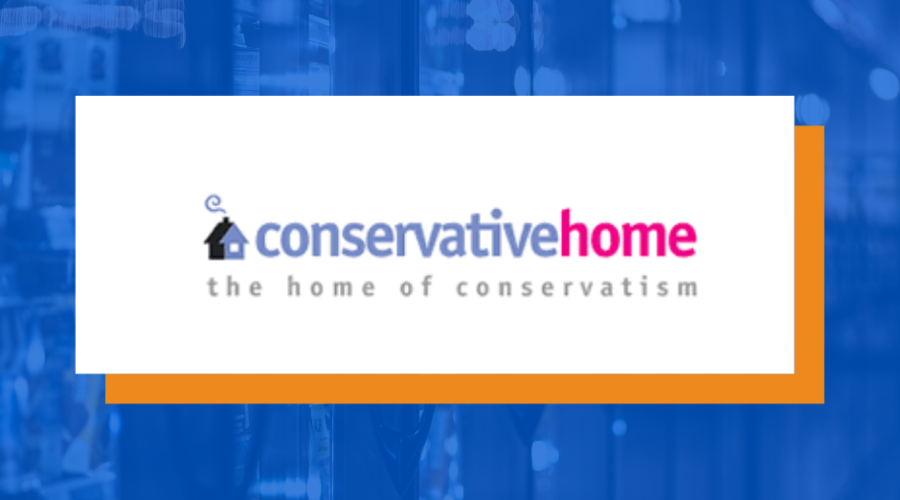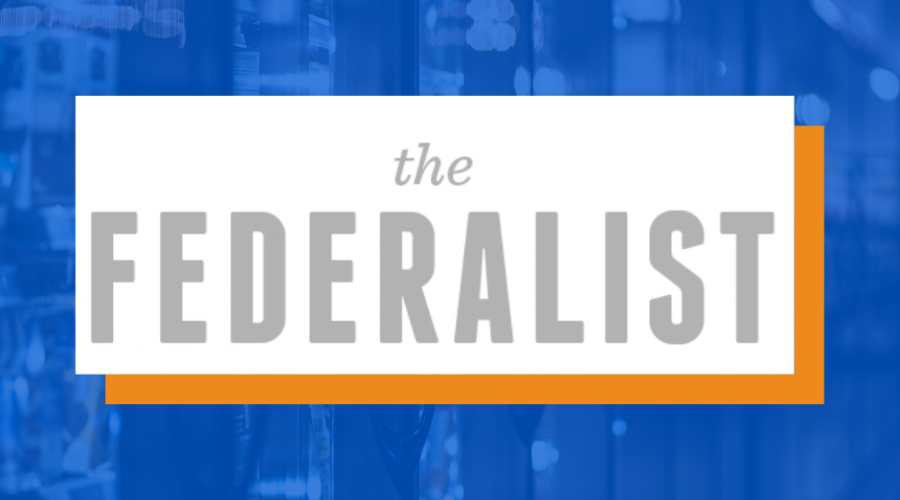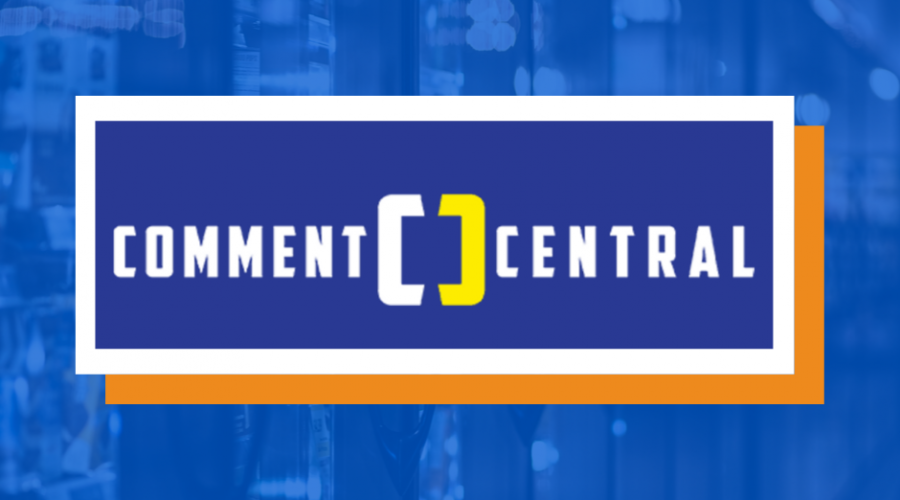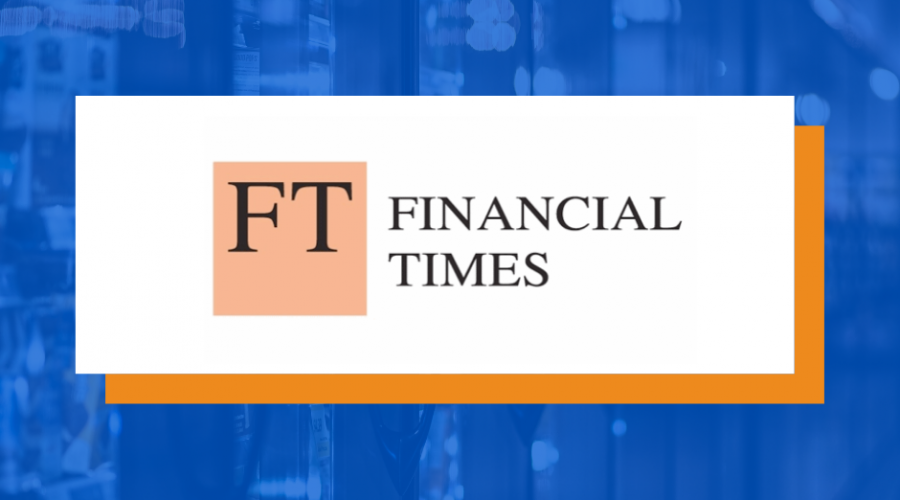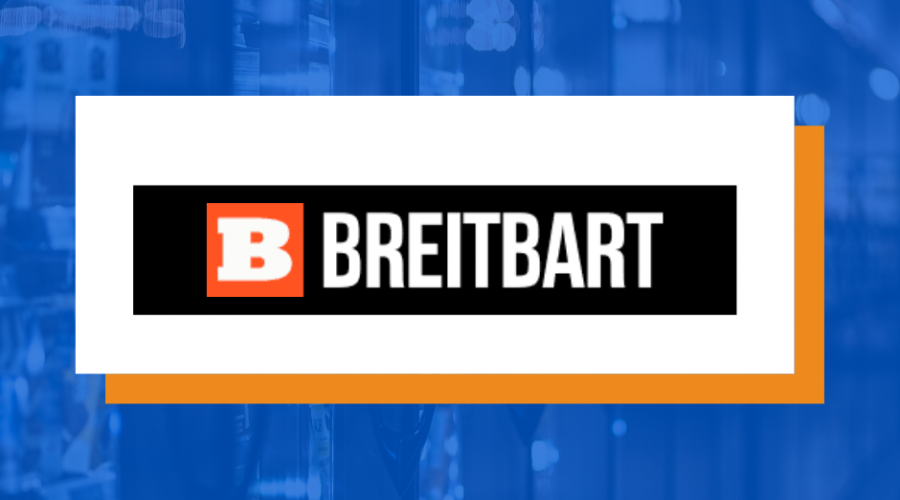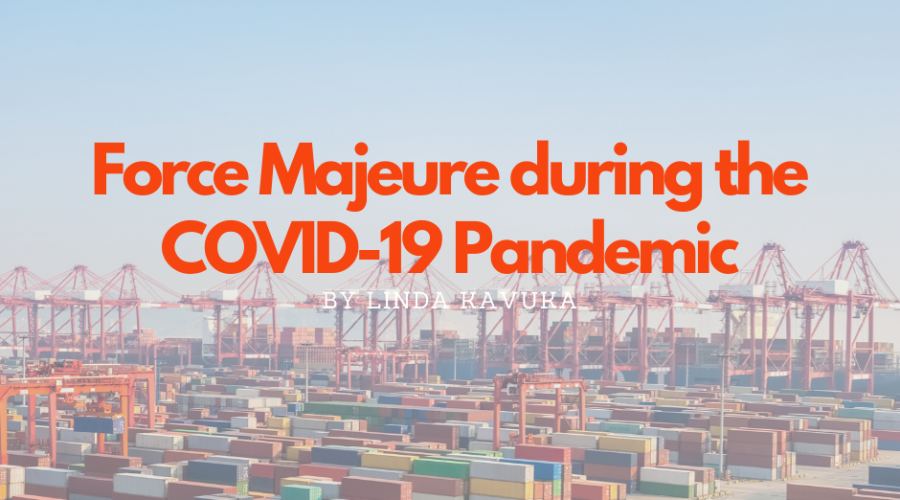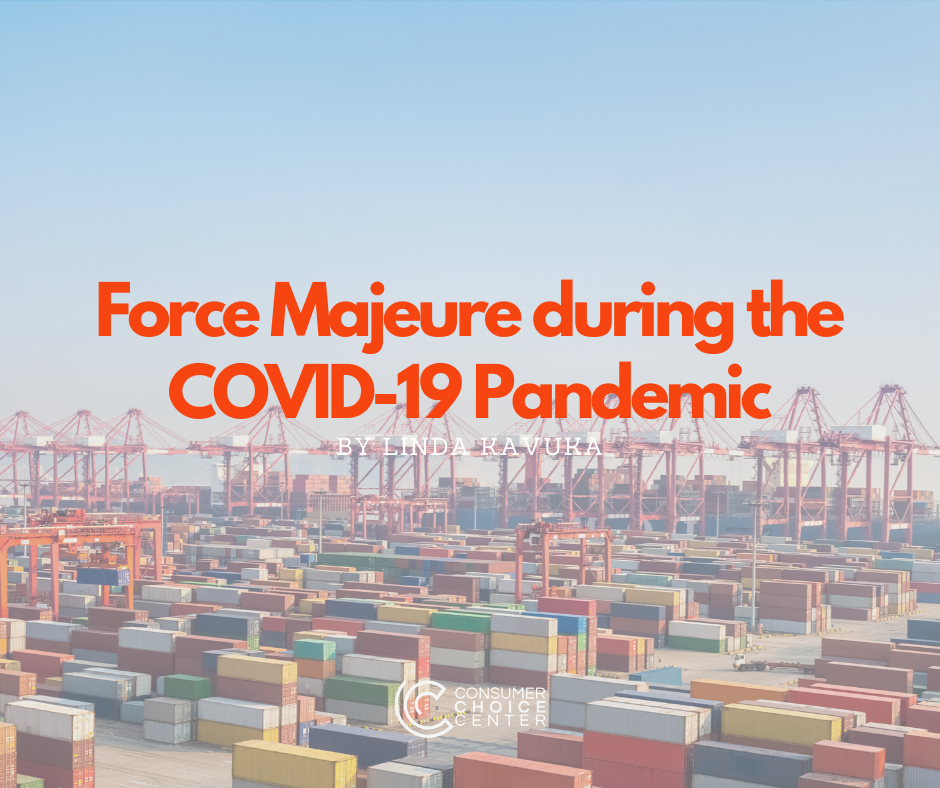Gene Editing, Pandemi Corona, dan Perlindungan Hak Paten
Ketika Anda mendengar istilah gene editing, apa yang terlintas di benak Anda?
Ada kemungkinan, hal pertama yang terlintas di pikiran Anda adalah berbagai pahlawan super yang hadir di berbagai film Hollywood. Spiderman, Hulk, X-Men, dan Fantastic Four merupakan beberapa tokoh superhero yang mendapat kemampuan super karena susunan genetik di dalam tubuh mereka berubah dan bermutasi.
Gene editing memang merupakan salah satu hal paling populer yang dieksplorasi oleh para pembuat film Hollywood, khususnya film-film fiksi ilmiah. Gene editing telah membuka pintu kreativitas yang sangat lebar bagi para pembuat film, yang telah memukau miliaran penonton di seluruh dunia.
Namun, teknologi gene editing sendiri bukanlah sesuatu yang hanya hadir di film-film fiksi ilmiah, namun juga di dunia nyata tempat kita tinggal, yang memiliki potensi untuk menyelamatkan nyawa jutaan manusia. Gene editing sendiri merupakan salah satu bentuk rekayasa genetika, di mana susunan DNA di dalam genom organisme diubah dan dimodifikasi.
Gene editing memiliki potensi yang sangat besar untuk mengatasi dan mencegah terjadinya berbagai penyakit kronis yang dialami oleh jutaan orang di seluruh dunia. Dan di tengah pandemi Corona saat ini, gene editing merupakan salah satu teknik yang digunakan oleh ilmuwan dalam membuat vaksin virus tersebut.
Sebagaimana kita ketahui, pandemik Corona saat ini sudah berada di hampir seluruh negara dan teritori di dunia. Setidaknya, virus yang berasal dari kota Wuhan, China, ini telah menginfeksi lebih dari 3 juta jiwa, dan menyebabkan 200.000 lebih orang kehilangan nyawa. Sebagian besar dari mereka yang meninggal adalah orang-orang lanjut usia dan yang memiliki riwayat penyakit.
Pandemi ini sudah merubah total kehidupan sehari-hari milyaran orang di seluruh dunia. Sebagian besar negara memberlakukan kebijakan lockdown total dan memaksa penduduk mereka untuk berdiam di rumah. Jutaan orang kehilangan pekerjaan atas pandemi tersebut, dan ribuan usaha terpaksa ditutup dan gulung tikar.
Vaksin untuk virus Corona tentu merupakan hal yang saat ini sangat mendesak. Tidak mungkin dunia dipaksa berhenti total untuk waktu yang sangat lama. Oleh karena itu, berbagai pemerintahan dan lembaga yayasan di seluruh dunia berlomba-lomba mendanai para ilmuwan untuk menemukan vaksin bagi Covid-19.
Rekayasa genetika sendiri bukanlah sesuatu yang baru. Rekayasa genetika melalui teknik bioteknologi, yang secara langsung mengubah genom organisme, sudah dilakukan sejak dekade 1970-an. Pakar biokimia asal Amerika Serikat, Paul Berg, adalah ilmuwan pertama yang membuat DNA rekomninan (DNA hasil buatan di laboratorium) dengan mengkombinasikan DNA virus SV40 dan virus Lambda (Jackson, Symons, dan Berg, 1972).
Seiring berjalannya waktu, rekayasa genetika juga terus berkembang. Tidak seperti metode rekayasa genetika pada masa lalu, di mana ilmuwan hanya bisa memasukkan atau menambahkan material genetik tertentu secara acak, gene editing sendiri merupakan salah satu teknik rekayasa genetika yang paling mutakhir. Teknik tersebut memungkinkan ilmuwan untuk mengubah bagian tertentu dari susunan genom organisme secara akurat (Smithsonian Magazine, 2019).
Ilmuwan dari North Carolina State University, Rodolphe Barrangou, menulis dalam jurnalnya bahwa, salah satu teknik gene editing yang saat ini paling berkembang adalah CRISPR gene editing. CRISPR (clustered regularly interspaced short palindromic repeats) merupakan rangkaian DNA yang terdapat di dalam bakteri prokariotik (Barrangou, 2015).
Barrangou menambahkan, rangkaian DNA ini terbentuk dari pecahan DNA bakteri virus yang sebelumnya menginfeksi bakteri prokariotik tersebut. Rangkaian ini berfungsi untuk mendeteksi bila ada virus yang sama yang kembali menginfeksi bakteri tersebut, dan menghancurkan DNA dari virus tersebut, Dengan kata lain, CRISPR merupakan sistem pertahanan yang dimiliki oleh bakteri prokariotik (Barrangou, 2015).
Enzim yang digunakan oleh CRISPR untuk mendeteksi dan menghancurkan DNA virus yang menginfeksi bakteri tersebut adalah Cas9. Pakar genetik menemukan bahwa Cas9 dapat digunakan sebagai alat pendeteksi bila seseorang ingin memodifikasi lokasi tertentu yang spesifik di dalam genom organisme (Esvelt, Smidler, Catteruccia, dan Church, 2014).
Melalui CRISPR gene editing ini berpotensi besar untuk memusnahkan segala bentuk penyakit kronis yang dialami manusia saat ini, seperti kanker dan penyakit genetik lainnya. Teknik ini juga berpotensi besar dapat memperkuat sistem imun yang ada di dalam tubuh manusia (Science Daily, 2019).
Terkait dengan upaya untuk menyelesaikan pendemik Corona, pakar biologi sintesis saat ini sudah dapat membuat beberapa bagian dari virus Corona secara sintesis dengan menggunakan CRISPR. Upaya ini dilakukan untuk menemukan vaksin bagi virus tersebut. Salah satu lembaga yang berperan besar dalam mendanai penelitian tersebut adalah Bill & Melinda Gates Foundation (Statnews, 2020).
CRISPR juga dapat digunakan sebagai “mesin pencari” untuk genom spesifik tertentu yang dimiliki oleh virus Corona. Hal ini membantu para peneliti untuk dapat mendeteksi pasien yang terkena virus Corona dengan prosedur yang lebih cepat dan sederhana (Synthego, 2020).
Pandemi Corona saat ini tentu bukanlah pandemi terakhir yang akan dialami oleh manusia. Besar kemungkinan di masa depan, virus ini akan kembali bermutasi dan menjadi virus yang lebih sulit untuk diatasi. Selain itu, di masa depan, tidak mustahil pandemi lain akan muncul dan disebabkan oleh virus atau bakteri dengan jenis yang lain.
Rekayasa genetika merupakan salah satu bidang ilmu pengetahuan yang paling terdepan, yang berpotensi akan membawa banyak manfaat bagi umat manusia. Oleh karena itu, sangat penting bagi kita untuk mendorong penemuan terbaru di bidang bioteknologi dan tidak membatasi melalui serangkaian regulasi sangat ketat yang berpotensi menghambat kemajuan dan merugikan masyarakat yang tidak bisa mengambil manfaat dari hasil temuan tersebut.
Selain itu, perlindungan hak kekayaan intelektual (HAKI) di bidang rekayasa genetika juga sangat penting untuk mendorong kemajuan. Profesor ekonomi dari Universitas California, Berkeley, Brian D. Wright misalnya, menyatakan bahwa perlindungan hak paten terhadap produk rekayasa genetika dapat mendorong inovasi dan kemajuan.
Wright memberi contoh sejak dekade 1980-an, perlindungan hak paten terhadap produk hasil rekayasa genetika di Amerika Serikat semakin menguat. Hal ini membuat bidang rekayasa genetika di negeri Paman Sam tersebut semakin maju dan berkembang, karena berbagai lembaga swasta berlomba-lomba untuk melakukan riset dan menemukan teknik rekayasa genetika yang terbaru (Wright, 2006).
Sebagai penutup, rekayasa genetika, khususnya gene editing, merupakan salah satu bidang ilmu bioteknologi yang paling terdepan untuk saat ini, yang berpotensi besar membawa banyak manfaat kesehatan bagi umat manusia, khususnya di masa pandemi seperti sekarang.
Untuk itu, sangat penting bagi pemerintah agar tidak memberlakukan regulasi yang sangat ketat yang dapat menghambat perkembangan tersebut. Pemerintah juga harus bisa memastikan penegakan atas perlindungan paten terhadap para inovator dan investor yang melakukan riset dan menginvestasikan dana mereka, untuk memastikan insentif dan kompetisi di bidang rekayasa genetika dapat semakin maju dan berkembang.
The Consumer Choice Center is the consumer advocacy group supporting lifestyle freedom, innovation, privacy, science, and consumer choice. The main policy areas we focus on are digital, mobility, lifestyle & consumer goods, and health & science.
The CCC represents consumers in over 100 countries across the globe. We closely monitor regulatory trends in Ottawa, Washington, Brussels, Geneva and other hotspots of regulation and inform and activate consumers to fight for #ConsumerChoice. Learn more at consumerchoicecenter.org

